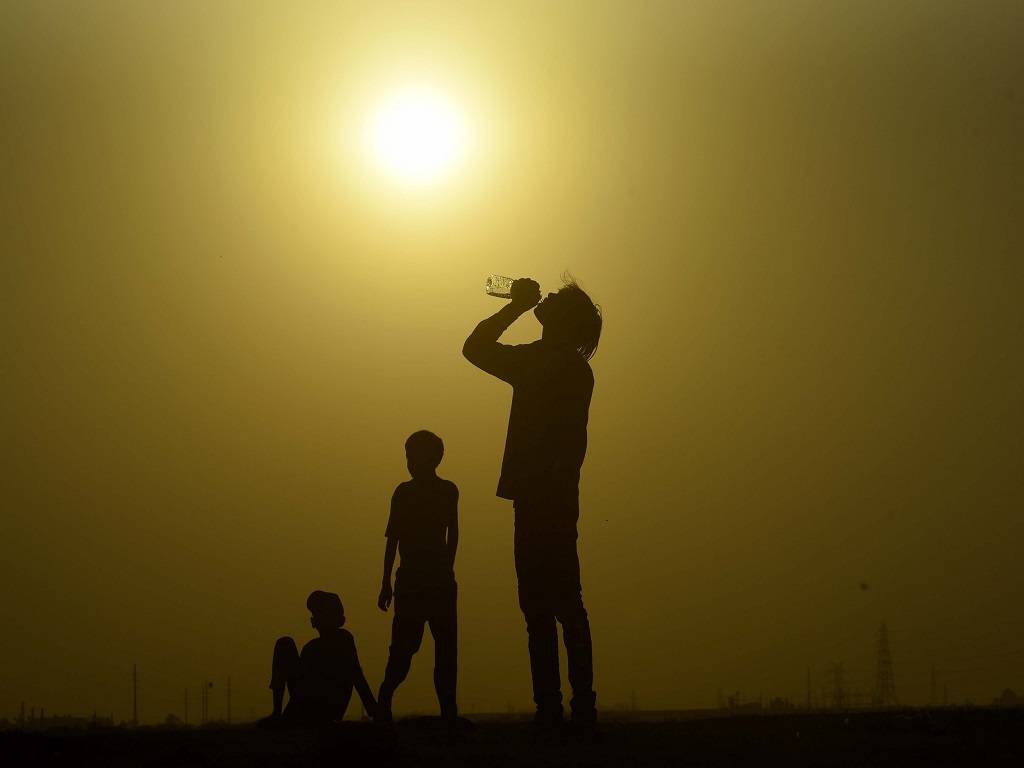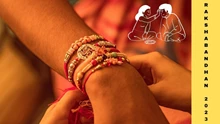
In India, Heatwaves generally occur from March to June, and in a few rare cases, extend till the end of July. The heatwave is a condition of air temperature that becomes deadly to human body when exposed. It is defined based on the temperature thresholds over a region in terms of actual temperature or its departure from normal.
In some nations, it is defined in terms of the heat index based on temperature & humidity or based on the extreme percentile of temperatures. Heatwave is considered if the maximum temperature of a region reaches 400C or more for Plains & 300C or above for Hilly regions.
Precautions and preparations to do before hot weather arrives
-
Find ways to stay cool before the hot weather arrives.
-
Set up air conditioning and fans to keep your house cool.
-
Find out where you can cool off during COVID-19, such as public libraries, malls, and municipal cooling centres, while adhering to public health guidelines.
-
Find out where you can get some relief from the heat, such as public libraries, shopping malls, and municipal cooling centres.
-
Discuss heat safety with your family members. Prepare for possible power outages wherever you spend time – at home, work, and school.
What should you do to stay safe during the heatwave?
DO’S
-
Stay in the shade and avoid going outside.
-
When going outside, wear a cap, umbrella, hat, or carry a towel.
-
Wear light-coloured clothing made of thin, loose cotton.
-
Drink water, salted drinks like lassi, lemon water, ORS, and fruit juices on a regular basis.
-
Consume fruits such as cucumber, watermelon, lemon, orange, and so on.
-
Shower frequently and experiment with lowering the room temperature using fans, coolers, air conditioning, and indoor plants.
-
Children, pregnant women, the elderly, and those with pre-existing medical conditions should be moved to a cooler location and sponged with cold water, or they should be transported to the nearest health facility if they feel ill.
Don’ts
-
Avoid going out in the sun, particularly between noon and 3 p.m.
-
Avoid physically demanding activities in the afternoon.
-
Tea, coffee, and carbonated soft drinks should be avoided.
-
Avoid leaving pets or children in parked cars.
-
Wearing synthetic, dark-coloured, and tight clothing is not recommended.
Things to keep in mind once heat wave is gone
-
Allow fresh air to circulate through your home by opening windows and blinds.
-
Check on your neighbours, friends, and family members, especially those who are in danger.
-
Continue to drink water to stay hydrated.









